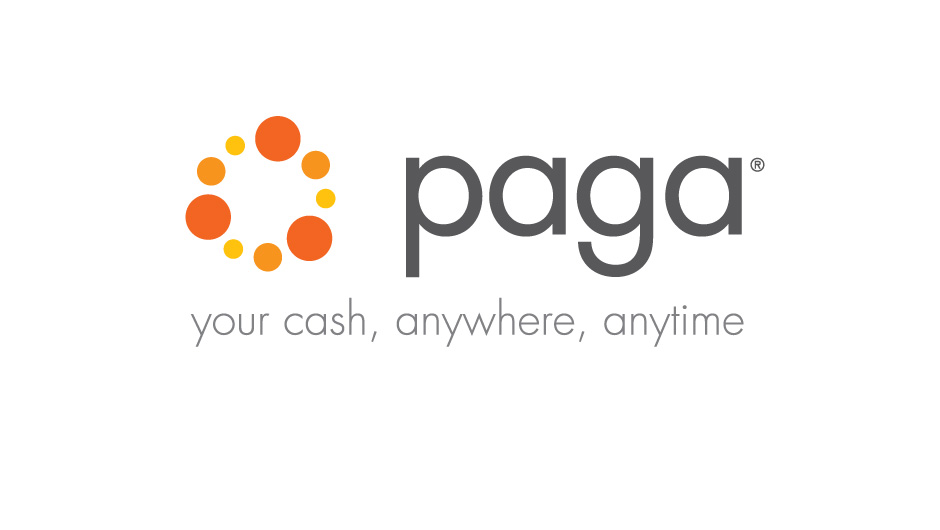It’s hard to find a financial services firm that comes closest to marrying new tech with good old on-site presence as Paga does. Its growing army of agents
In simple terms, Paga is a payments platform; it allows people to make cash transfers to specific persons from wherever they are via SMS, USSD, online, or through its mobile app. In essence, you don’t really need to be at any of their outlets to get a financial transaction done. If you’re good with mobile devices, you’ll find it easy to send and receive money through the various channels they’ve made available for this purpose.
With the platform, you can also buy or send airtime, pay bills, and receive money transferred from people in other countries. It gives you access to a wide range of payment services, all facilitated by electronic technology.
But there are at least two things which attract a wider user population to Paga than just persons comfortable with modern tech. First, it does have a network of physical branches and agents in different parts of the country. Anyone who’s close enough to these locations will be able to access Paga’s services as well, even if they aren’t conversant with online payments.
Paga’s second big allure is that it allows its users to hold small amounts of money in accounts which they can open on the platform. These mobile wallets or digital ‘pouches’ serve as source points from which money can be transferred to other such pouches or actual bank accounts.
In effect, Paga offers these two important things: cash safekeeping, and a payments channel. These services are available to individuals and businesses, including those in areas underserved by banks. It’s easy to see why it has become a frontline player in the quest to improve financial inclusion in Nigeria.
It is this problem of poor financial inclusion that Paga exists to solve. Tayo Oviosu, who founded Paga in 2009, says that he set out on the journey to build the company because he was unhappy with the difficulty with which formal banks seemed to be operating. He also saw that large swathes of the country’s population- up to 40% in fact –were not using the banks at all.
There’s been some improvement in financial service delivery since the founding of Paga, and fintech companies like it have contributed to this noticeable change. They can certainly claim credit for leading innovation in the sector, and driving traditional institutions to reform their operations for the better. At the moment, Paga is expanding its network to include areas outside of the major urban centres. These are the districts in which many of the unbanked reside, and they are the regions least served by existing banks. With this continued penetration of less accessible locations, the company is playing its part in realizing a significant increase in the number of people who are able to use financial services.


